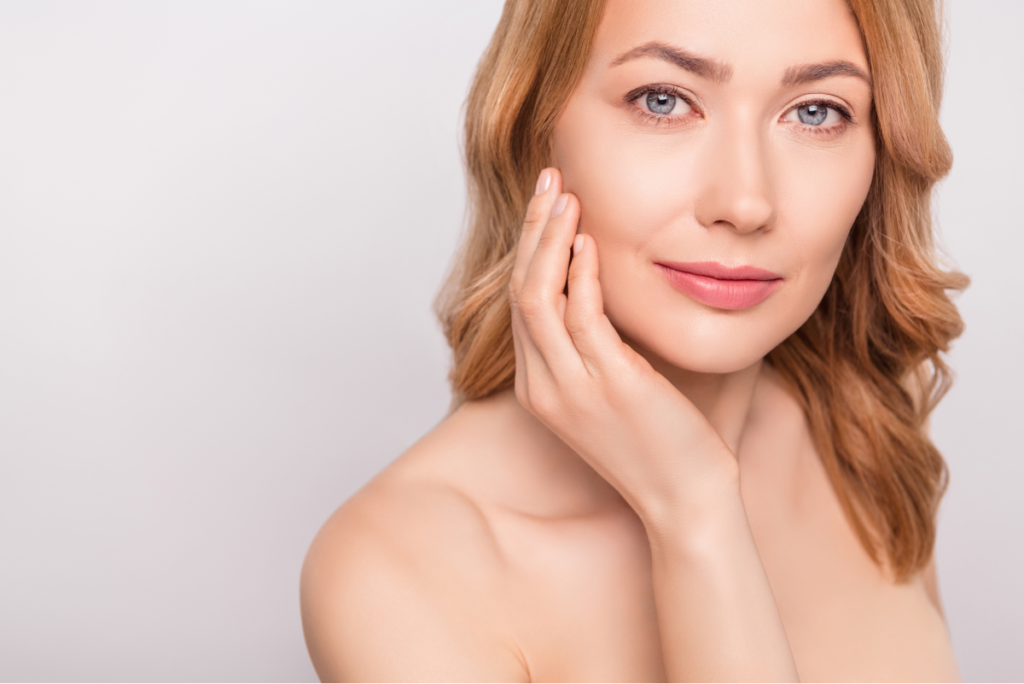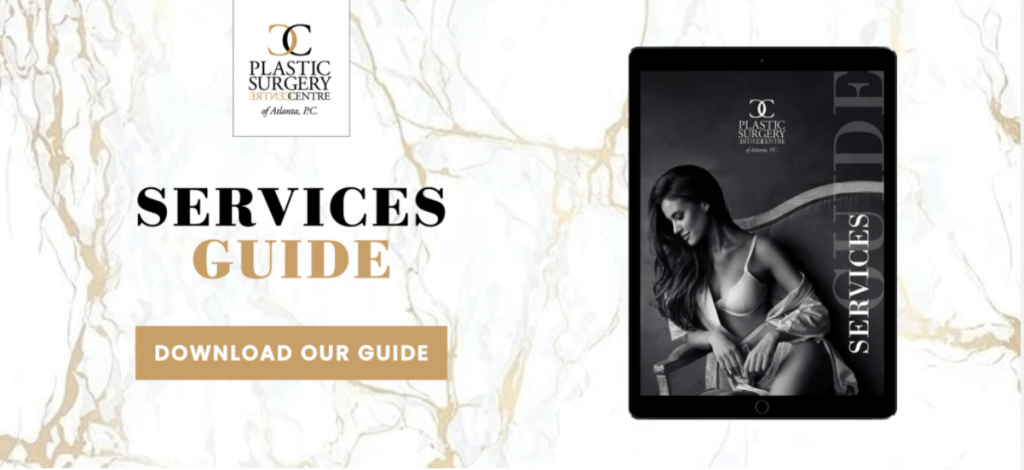Posted September 15, 2022 in Blog

Aesthetic treatments and procedures are a surefire way to conquer your most considerable beauty and anti-aging battles, but the work doesn’t stop there. To set the stage for optimal results and then maintain them, there are pertinent healthy habits that every patient needs to adopt. A holistic approach to your beauty, skin and anti-aging routines will benefit you in countless ways. It will also keep your skin and body in tip-top shape, so they can better receive your treatment of choice. And following these healthy habits also allows you to maintain your results, so they last even longer and look better.
Wear sunscreen daily and reapply it every two hours.
Daily use of SPF 30 is a cardinal rule of skin care. Without it, the skin is exposed to the sun’s harmful rays, which means photoaging, pigmentation, and premature aging can occur—not to mention the potential for skin cancers, too. Yet, applying sunscreen once in the morning and not reapplying it throughout the day is where most patients fall short. Reapplication is crucial in maintaining the health and integrity of your skin. A lack of reapplication causes most sunburns, which is why it’s of the utmost importance.
To make reapplying sunscreen easy without messing up your makeup (if you wear any), try a broad-spectrum SPF 30 or higher in a brush-on powdered formulation or a stick formulation. These make for easy application, and you can do it anytime, anywhere.
Set a good skincare routine and stick to it.
Healthy skincare habits are essential for healthy, youthful skin. One of the most important things you can do for your skin is to treat it with medical-grade skincare products morning and night. Then, treatments and procedures, like facials, injectables, fillers, and even lasers, will work much better. Plus, a well-rounded skincare routine feeds the skin with nutrients and vitamins the skin needs to ward off free radicals and pollution damage.
A good skincare routine doesn’t need to be complicated; it just needs to work for your skin. So, no matter how many steps and products you choose to incorporate, make sure to include the essentials: cleansers, moisturizers, antioxidants, and sunscreens. From there, you can select (if you want) to add additional products that your skin may need.
Pay attention to what you eat.
Following a non-inflammatory, protein-rich diet does a body good. A whole foods diet provides the body with the nourishment it needs to stay in tip-top shape and maintain a high energy level throughout the day, but it also helps strengthen the skin and render it healthier. However, unbeknownst to many, diet can impact the functionality of many essential hormones that control internal processes within the body. When these hormones fluctuate with either too much or too little, often dictated by diet, they can significantly affect the body.
That doesn’t mean you shouldn’t indulge once in a while. Just limit your intake of sugar, processed carbohydrates, dairy, and other inflammatory foods, which can cause skin inflammation and break down collagen and elastin, leading to premature wrinkles and lines. Collagen supplements and nutritional supplements are also good additions to your diet. Don’t forget to load up on plenty of leafy greens, fresh fruits and vegetables, and lean proteins, which act as power foods for the skin and body.
Drink plenty of water.
When the body is dehydrated, it shows on the skin and throughout. A lack of water can decrease your energy levels and suck the skin dry of moisture, making lines and wrinkles more prominent. Plys, since the body is made up of water mostly, consuming enough of it is an excellent way to keep it healthy.
It’s best to try and drink about 64 ounces of water daily—some people can drink more, others drink less, and that’s okay. The more water you can drink, the better you’ll feel. And if you need to spice things up a bit, don’t be afraid to add lemon, orange slices, or mint to your water.
Get good, consistent sleep.
Following a regular and healthy sleep schedule is essential for your body every night (even on the weekends). Quality sleep improves overall health and can help reduce stress, increase energy levels, curb unnecessary food cravings, and improve your mood and productivity.
When we sleep, our skin is hard at work to repair the damage it incurs during the day. So, skimping on sleep can show in your skin—think sallowness, dryness, and even a lackluster, aged appearance.
While committing to a routine sleep schedule may seem challenging, it’s not as daunting as you think. First, decide on a possible sleep time, and at that time, stop what you’re doing and get into bed. You’ll want to ensure that your room is comfortable, quiet, and dark enough to induce a healthy night’s sleep. The more you practice the habit, the easier it will become to follow.




